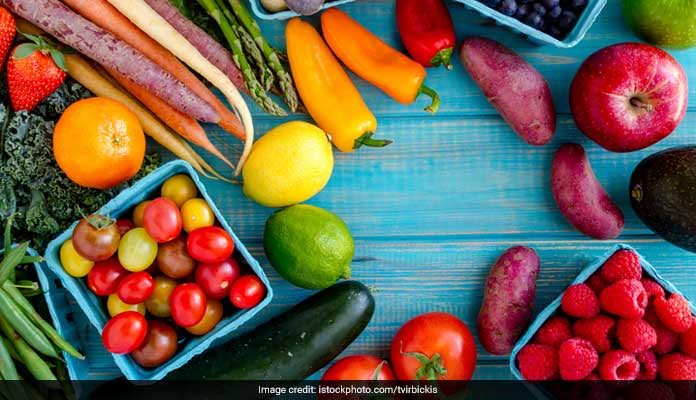It is a common belief that a colder environment may be safer and more hygienic for our food ingredients as the low temperature helps in inhibiting the activity of micro-organisms and bacteria that can spoil our food. While part of it is true, some foods like raw meat should be frozen, most of us end up applying the same rule to all our vegetables too. The right way to store our groceries depends on the kind of the vegetables in question. Some may thrive best in a colder region, but others need to be kept in a warm place. Here are eight vegetables you've been wrongly storing in the fridge, but there are better ways to keep them.1. TomatoesUnripe tomatoes should be kept at room temperature so as to allow them to develop more flavour and juiciness. Under extreme temperatures, they tend to lose their flavour. Once fully ripe, you can store them in the refrigerator in plastic bags but remember to leave them out for at least half an hour to bring them back to room temperature before using.
 Tomatoes lose their flavour if kept in cold temperatures. Photo Credit: Istock
Tomatoes lose their flavour if kept in cold temperatures. Photo Credit: Istock
2. OnionsUnpeeled onions require air and exposure to survive. If you store in the refrigerator, they may end up turning mushy and soft due to the moisture. However, peeled onions should always be stored in the refrigerator. You can keep them out in the open but make sure they are away from light or place them in paper bags with holes in it.
 3. Nuts and dry fruitsA lot of people store nuts and dry fruits in the fridge to prevent them from going rancid but it may actually do more harm than good. The cold temperature can ruin their nutty flavour and they may also end up absorbing the other odours lurking in the fridge. Place them in airtight containers and leave them out.
3. Nuts and dry fruitsA lot of people store nuts and dry fruits in the fridge to prevent them from going rancid but it may actually do more harm than good. The cold temperature can ruin their nutty flavour and they may also end up absorbing the other odours lurking in the fridge. Place them in airtight containers and leave them out.
 Cold temperatures can ruin their nutty flavour. Photo Credit: Istock
Cold temperatures can ruin their nutty flavour. Photo Credit: Istock
4. Garlic If you store garlic in the refrigerator, it may start to sprout and turn rubbery. Keep it in a cool, dry place.
 Keep garlic in a cool, dry place. Photo Credit: Istock5. BasilYou'll ruin the lovely and aromatic basil leaves if your store them in the fridge. The cold temperature makes them wilt sooner and turns them dry. The best way to keep them is to soak them in a jar of water and leave them out. (Also read: How to Grow Your Own Herbs)
Keep garlic in a cool, dry place. Photo Credit: Istock5. BasilYou'll ruin the lovely and aromatic basil leaves if your store them in the fridge. The cold temperature makes them wilt sooner and turns them dry. The best way to keep them is to soak them in a jar of water and leave them out. (Also read: How to Grow Your Own Herbs) Basil should be left out in a jar of water. Photo Credit: Istock
Basil should be left out in a jar of water. Photo Credit: Istock
6. PotatoesThey don't need to be refrigerated, just keep them in net bags. If you place them in cold temperatures, it will cause the starch to convert into sugar. This may lead to discoloration on cooking. Keep them out of light and don't wash before storing. Dampness accelerates spoilage.
 Potatoes should be kept in net bags. Photo Credit: Istock7. HoneyThere's no need to place honey in the refrigerator. It can stay smooth and fresh even when stored outside, but make sure it is tightly sealed. In fact, keeping it in the refrigerator may lead to crystallization. (Also read: Why Raw Honey and Not Just Honey?)
Potatoes should be kept in net bags. Photo Credit: Istock7. HoneyThere's no need to place honey in the refrigerator. It can stay smooth and fresh even when stored outside, but make sure it is tightly sealed. In fact, keeping it in the refrigerator may lead to crystallization. (Also read: Why Raw Honey and Not Just Honey?) No need to keep honey in fridge. Photo Credit: Istock8. Olive OilYou should never store olive oil or in fact other types of cooking oils in the refrigerator as the cold temperature may solidify them and turn them into a butter-like consistency. This specially goes for coconut oil too. Store them in a cool place somewhere in your kitchen cabinet but away from the heat, (Also read: The Best Cooking Oils for Your Health)
No need to keep honey in fridge. Photo Credit: Istock8. Olive OilYou should never store olive oil or in fact other types of cooking oils in the refrigerator as the cold temperature may solidify them and turn them into a butter-like consistency. This specially goes for coconut oil too. Store them in a cool place somewhere in your kitchen cabinet but away from the heat, (Also read: The Best Cooking Oils for Your Health) Olive oil should be stored away from the heat9. MelonsA study, published in the Journal of Agricultural and Food Chemistry, shows that storing watermelon or musk melon in cold temperatures can have a chilling effect on its nutrition value by affecting the its levels of antioxidant activity. It is best to keep them out on the fruit rack.
Olive oil should be stored away from the heat9. MelonsA study, published in the Journal of Agricultural and Food Chemistry, shows that storing watermelon or musk melon in cold temperatures can have a chilling effect on its nutrition value by affecting the its levels of antioxidant activity. It is best to keep them out on the fruit rack.
 Cold temperatures may affect their nutrition value. Photo Credit: Istock10. BreadYou've probably been storing your bread in the refrigerator up until now, but time to change. Keeping bread in the fridge can cause it to turn tough and chewy. The cold and moist temperature may also make the bread go stale more quickly.
Cold temperatures may affect their nutrition value. Photo Credit: Istock10. BreadYou've probably been storing your bread in the refrigerator up until now, but time to change. Keeping bread in the fridge can cause it to turn tough and chewy. The cold and moist temperature may also make the bread go stale more quickly.
 Bread kept in the fridge can turn hard and chewy. Photo Credit: IstockStoring your ingredients in the right way can really help in preserving their quality,
Bread kept in the fridge can turn hard and chewy. Photo Credit: IstockStoring your ingredients in the right way can really help in preserving their quality,
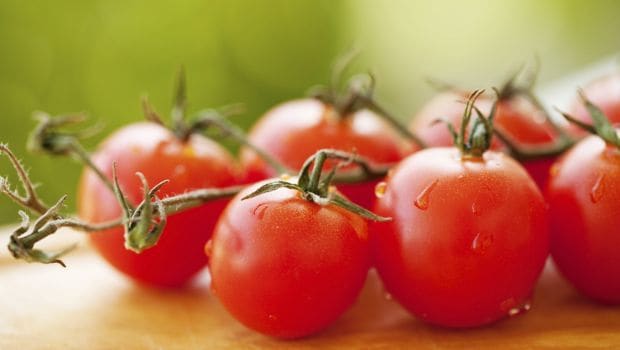
2. OnionsUnpeeled onions require air and exposure to survive. If you store in the refrigerator, they may end up turning mushy and soft due to the moisture. However, peeled onions should always be stored in the refrigerator. You can keep them out in the open but make sure they are away from light or place them in paper bags with holes in it.
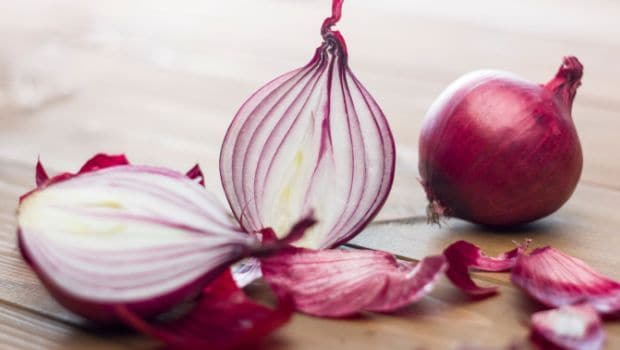
Photo Credit: iStock
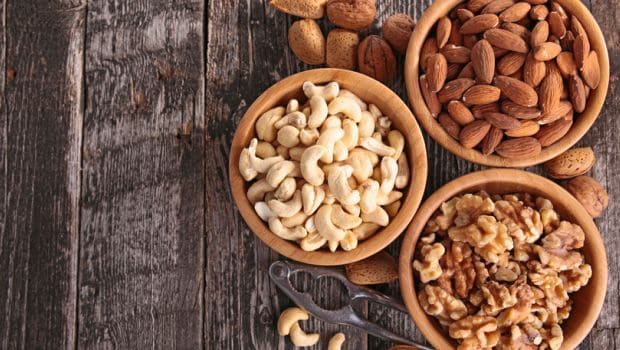
4. Garlic If you store garlic in the refrigerator, it may start to sprout and turn rubbery. Keep it in a cool, dry place.
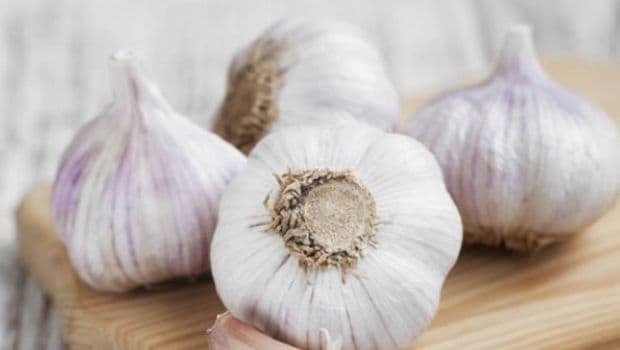
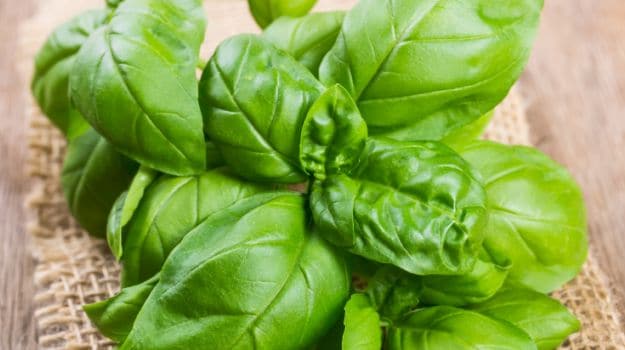 Basil should be left out in a jar of water. Photo Credit: Istock
Basil should be left out in a jar of water. Photo Credit: Istock6. PotatoesThey don't need to be refrigerated, just keep them in net bags. If you place them in cold temperatures, it will cause the starch to convert into sugar. This may lead to discoloration on cooking. Keep them out of light and don't wash before storing. Dampness accelerates spoilage.
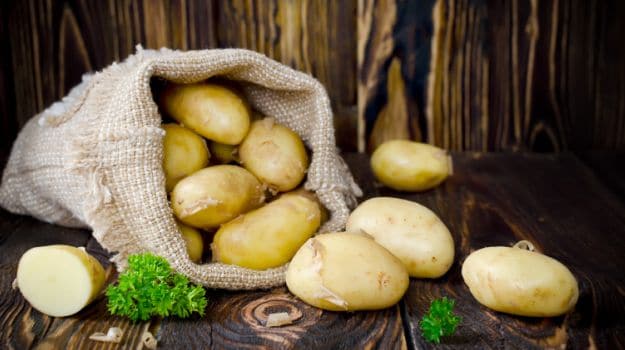
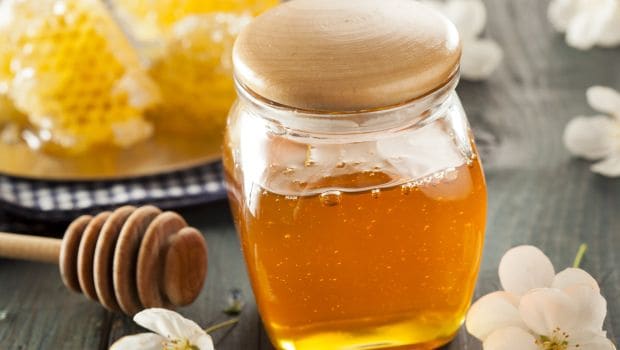
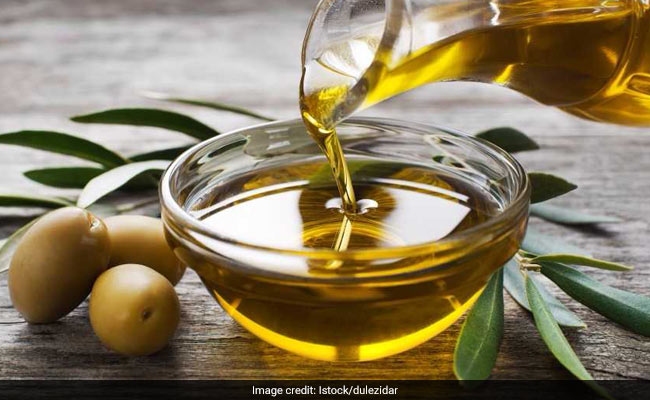
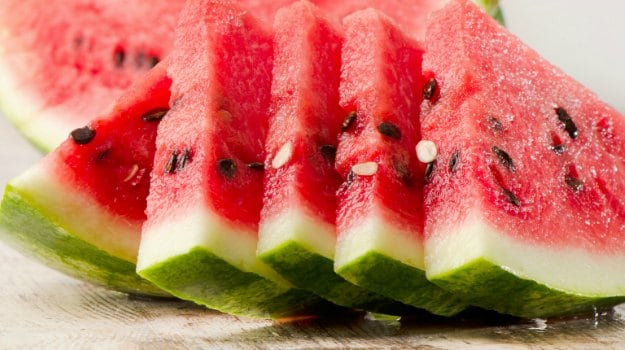
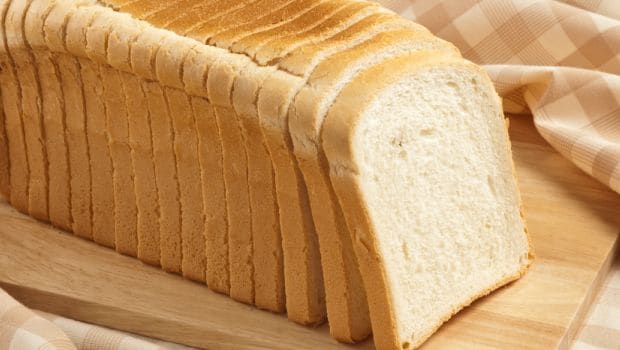
Advertisement







